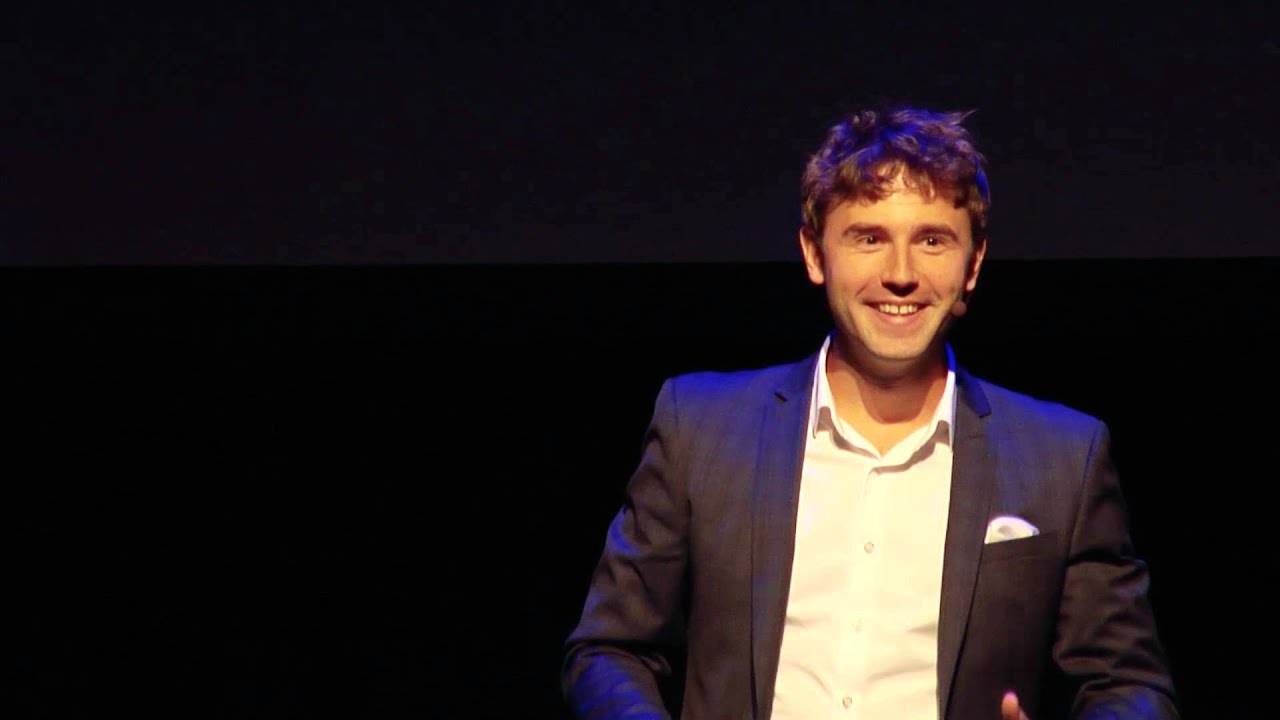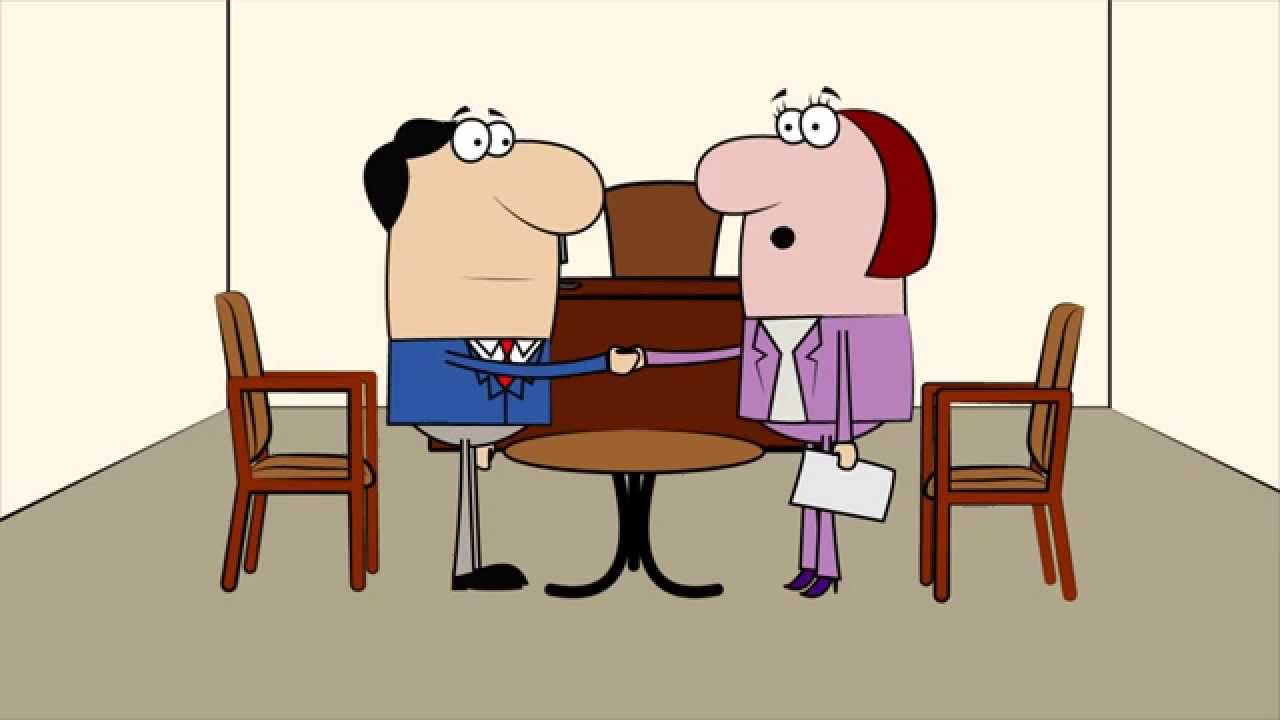Social and cultural topics play a vital role in shaping our identities, values, and interactions. The stories we tell about ourselves and the challenges we face as a society create a tapestry of shared humanity. From movements like Black Lives Matter and Me Too to issues deeply personal, such as addiction, these discussions become the backbone of our communal relationships. They illuminate the systemic challenges that many of us face, fostering a deeper understanding of our interconnectedness.
When parents grapple with a child’s addiction, they often navigate a maze of emotions: fear, sadness, and confusion. The cultural narrative surrounding addiction can make this journey even harder. Stigma persists, influencing how parents and their children are seen within their communities. It’s crucial to remember that social and cultural topics do not just affect policy; they directly impact real lives. At Mothers Against Addiction, we strive to provide unwavering support and resources for parents enduring these hardships.
These struggles aren’t isolated. By sharing stories and insights, we can inspire dialogue that leads to healing. Families dealing with addiction often feel alone, but with every conversation sparked by cultural topics, they gradually find common ground. This shared experience helps break down barriers and cultivates empathy, reminding us all that we aren’t in this battle alone.

1. The Role of Social and Cultural Topics in Defining Identity
Social and cultural topics are powerful forces that shape personal and community identities. In recent years, movements like Black Lives Matter and Me Too have risen to the forefront, focusing on issues of race, gender, and societal equity. These discussions challenge longstanding prejudices and push for more inclusive narratives, encouraging individuals to reflect on their beliefs and behaviors. For parents coping with addiction in their families, these cultural shifts remind them there’s a broader community united in the quest for justice and understanding.
Through dialogues about collective identity, we can begin to address the systemic issues surrounding addiction. When societal norms evolve to embrace candid conversations about mental health and addiction, parents gain the courage to speak out. They can share their experiences without the fear of judgment, knowing that social movements stand with them. These discussions emphasize equity and help dismantle the stigma associated with addiction, paving the way for more empathetic responses from communities.
Understanding how cultural narratives shape our perceptions of addiction is essential. For instance, reducing shame around addiction helps foster a supportive environment. Resources and organizations like Mothers Against Addiction are pillars that encourage open dialogue, making it easier for families affected by addiction to find their voice.

2. Top 5 Influential Social and Cultural Topics of 2024
As we step into 2024, certain social and cultural topics are dominating discussions across various platforms, significantly impacting public perception.
Organizations such as NAMI (National Alliance on Mental Illness) are spearheading campaigns aimed at normalizing conversations around mental health. They’ve been crucial in reducing stigma while advocating for mental health education in schools and workplaces. By recognizing that mental health is vital, parents facing addiction feel empowered to address their concerns and seek help without fear of stigma. For more resources, consider exploring Drug-free Activities For teens, which can provide meaningful engagements for young people.
The urgency of climate change discussions, driven by groups like Greenpeace and the inspiring activism of Greta Thunberg, makes this a hot topic for culture in 2024. Sustainability has become intertwined with identity, as individuals reflect on their choices and how they contribute to community welfare. For parents, caring for the environment becomes a way to teach children responsibility and awareness, fostering healthier lifestyle choices.
In this era, diversity and inclusion are at the forefront of corporate accountability. Brands such as Nike and Ben & Jerry’s have embraced social justice, infusing it into their marketing strategies. This shift encourages broader conversations about representation that resonate deeply with families, especially those navigating the complex world of addiction. Parents can contribute to these dialogues by ensuring their children are aware of and appreciate diverse perspectives.
With rising concerns about digital privacy, especially following scandals like Cambridge Analytica, the issue of data security has become a major cultural concern. Companies like Apple take groundbreaking steps toward protecting user privacy, creating a cultural shift that values ethical technology practices. Parents should educate their kids on the importance of personal data safety, helping them navigate digital spaces responsibly.
The conversation surrounding cultural appropriation has escalated recently. Celebrity backlash, including public figures facing scrutiny for cultural insensitivity, has sparked discussions on how to engage authentically with different cultures. For families, this topic underscores the importance of respect and understanding in multicultural dialogues, connecting generational differences with contemporary issues.

3. How Social and Cultural Topics Influence Policy Making
It’s astounding how social movements can motivate legislative change. For instance, the push for comprehensive immigration reform in the U.S. is fueled by personal accounts from immigrants and advocates, illustrating the need for humane policies. Through their stories, they humanize the immigration process, showing how cultural topics can create tangible change. With Mothers Against Addiction, we also advocate for legal reforms that better serve families struggling with addiction, making sure parental voices are integral to these dialogues.
The legalization of same-sex marriage across various locations showcases how societal pressures can lead to significant legal outcomes. Advocates successfully brought personal narratives to the forefront, compelling lawmakers to reconsider legislation. Parents can share their stories about addiction similarly, building connections that yield social support and potential reforms.
What’s crucial is recognizing how cultural topics inform policies that shape our communities. As we advocate for change, it’s essential to empower families affected by addiction, so their voices become a cornerstone in policy discussions.

4. The Intersection of Art, Media, and Social Issues
Art and media have evolved into powerful platforms for discussing pressing social and cultural topics. Movies, like “Everything Everywhere All at Once,” not only provide entertainment but also spark critical conversations about identity and cultural narratives. When filmmakers address themes of addiction, it opens doors to dialogues that can help families navigate their struggles.
Social media has also become a vehicle for change. Platforms like TikTok are filled with creators who spotlight pressing social issues, turning stories into movements. For parents affected by addiction, these discussions can validate their experiences and help foster connections with others facing similar challenges.
Additionally, using creative outlets can have a profound therapeutic effect. Art competitions and social campaigns that engage young people encourage them to express their feelings about addiction. By promoting Mothers Against Addiction’s initiatives, parents can help teens articulate their thoughts and navigate their emotions through safe and constructive means.

5. The Future Trajectory of Social and Cultural Discussions
Looking ahead, social and cultural topics will continue to evolve, driven largely by the voices of younger generations like Gen Z. This group prioritizes authenticity and social accountability, reshaping how brands and families communicate. Companies willing to champion progressive discussions often find success, demonstrating a future where culture and commerce intertwine meaningfully.
The rise in social media activism reflects a growing grassroots movement. People share their stories, creating a communal bond dedicated to addressing societal issues head-on. For parents struggling with addiction challenges, engaging in showcases of social activism might bring forth supportive networks that resonate with their journeys.
As culture shifts, so too does our understanding of addiction. The dialogue surrounding addiction in pop culture, meticulously highlighted by resources from Mothers Against Addiction, sheds light on the importance of connecting with diverse narratives. By participating in these conversations, we cultivate a society where understanding, empathy, and collective responsibility flourish.
Social and cultural topics form the fabric of our shared humanity, impacting not only individual lives but also the collective narrative of society. The influence of these discussions reshapes identities, informs public policies, and propels social justice movements forward. By embracing this ongoing dialogue, we can create a future filled with greater understanding and connection across diverse experiences. Let’s come together and support each other, ensuring that every parent knows they are not alone in this journey.
Social and Cultural Topics Shape Our Shared Humanity
The Role of Cultural Identity
Cultural identity isn’t just a label; it shapes our connections and interactions. Did you know that in Scotland, the national pride is exemplified through events like the game between the Scotland national football team Vs Norway national football team Lineups? It’s a moment when communities come together, celebrating their heritage and shared passion for sports. These local and national events not only unify people but also highlight diverse cultural expressions across regions.
Celebrating Creativity in Media
Media plays a significant role in portraying cultural narratives. A great example is Jada Pinkett Smith, whose movies and TV shows have touched on various social issues, enabling conversations around topics like ethnicity, gender, and family dynamics. These narratives can lead to deeper discussions about social challenges through a cultural lens. Similarly, engaging in creative outlets such as music, art, or even drug-free Activities For teens provides safe spaces for exploration and expression, steering youth away from addiction and fostering a sense of belonging.
Understanding Challenges and Advocating Change
Amidst these cultural interactions lies the pressing issue of addiction, influencing countless families. Understanding liability in addiction can result in better support systems for those in need. Advocacy For legal Reforms is increasingly vital as society recognizes the need for change. Current issues in society remind us of the importance of unity, as highlighted by stories of individuals like Lisa Hintelmann, who champion mental health awareness. Everyone deserves access to resources that uplift, educate, and encourage compassion. As we navigate these social and cultural topics, embracing different perspectives and experiences enriches our understanding of shared humanity. So, let’s keep the conversation going and seek meaningful ways to uplift one another!

What are examples of social and cultural?
Examples of social and cultural factors include things like social class, religious beliefs, and wealth distribution. Other factors are language, business practices, health practices, and the general values and attitudes towards work in a community.
What are social and cultural issues?
Social and cultural issues can include problems like poverty, inequality, racism, sexism, and xenophobia. These issues often create tension in a community and can lead to social unrest, making them tricky to deal with.
What are cultural topics?
Cultural topics you might explore include globalization and its effects on Indigenous cultures, family structures across different societies, and how language has evolved and its significance through time.
What are the 9 cultural issues?
The nine dimensions describing differences in national cultures include power distance, uncertainty avoidance, performance orientation, assertiveness, future orientation, humane orientation, institutional collectivism, in-group collectivism, and gender egalitarianism.
What are the social and cultural activities?
Social and cultural activities encompass celebrations, festivals, religious ceremonies, community gatherings, and artistic expressions that reflect the values and traditions of a particular group.
What are three examples of social?
Three examples of social issues might be poverty, discrimination based on race, and lack of access to quality education. These issues affect individuals and communities on various levels.
What are some major social problems?
Major social problems can include things like homelessness, drug addiction, unemployment, violence, and environmental issues, all of which impact community well-being.
What are examples of cultural problems?
Cultural problems may include loss of traditional practices, cultural appropriation, language extinction, and disparities in cultural representation, which can lead to conflict within or between groups.
What are social-cultural conflicts?
Social-cultural conflicts often arise when different groups have contrasting beliefs or practices, such as clashes over religious practices, gender roles, or views on immigration, leading to significant tension.
What is culture 5 examples?
Culture can be understood better through examples like food traditions, music styles, fashion, rituals, and language. These elements all contribute to a group’s identity and way of life.
What is popular culture topic?
A popular culture topic could be the influence of social media on youth culture, examining how platforms like TikTok shape trends, behaviors, and social interactions among young people.
What are the 10 cultural areas?
The ten cultural areas often explored include language, religion, cuisine, social habits, arts, technological advancements, politics, customs, economy, and education, reflecting the breadth of human experience.
What are cultural social issues?
Cultural social issues often involve topics like cultural identity, assimilation, representation in media, and the impact of globalization on traditional practices and values.
What four topics make up a culture?
Four core topics that make up a culture are language, customs, values, and beliefs. Together, these elements shape how people live and interact with one another.
What are the Big 9 cultural values?
The Big 9 cultural values include individualism vs. collectivism, power distance, uncertainty avoidance, masculinity vs. femininity, long-term vs. short-term orientation, indulgence vs. restraint, universalism vs. particularism, specific vs. diffuse, and achievement vs. ascription.
What is an example of a culture and society?
An example of culture and society could be how the traditions of a Native American tribe reflect their values, beliefs, and ways of life, shaping their interactions within the wider community.
What is social and culture?
Social and culture refer to the interconnected ways in which people live (social) and the shared practices, beliefs, values, and norms (culture) that define a community’s way of life.
What are cultural and social practices?
Cultural and social practices include rituals, celebrations, art forms, and social conventions that communities engage in to express their identity and maintain their heritage.
What is an example of cultural and social capital?
An example of cultural and social capital might be a community’s shared educational resources and networks that promote learning and social connections, enhancing both knowledge and relationships within that group.




























